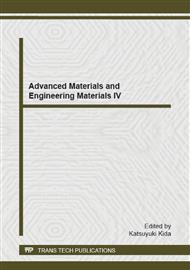p.371
p.375
p.379
p.383
p.387
p.391
p.395
p.399
p.403
Thermal Decomposition Conditions of Emulsion Matrix in the Emulsifier
Abstract:
The main background was the "3.11" accident in this paper. The starting point was based on the experts’ conclusions of investigation and analysis in the accident. Combining the decomposition mechanism of ammonium nitrate in the emulsion explosives and the lessons from the production of emulsion explosives explosion, the conditions of the emulsion explosives (matrix) thermal decomposition in the emulsifier are given that are the formation of hot spot and the accumulation of heat. Then the factors of hot spots generated in the production of emulsion explosives and the occurred conditions of the heat accumulation are analyzed and summarized.
Info:
Periodical:
Pages:
387-390
DOI:
Citation:
Online since:
December 2014
Authors:
Keywords:
Price:
Сopyright:
© 2015 Trans Tech Publications Ltd. All Rights Reserved
Share:
Citation:


